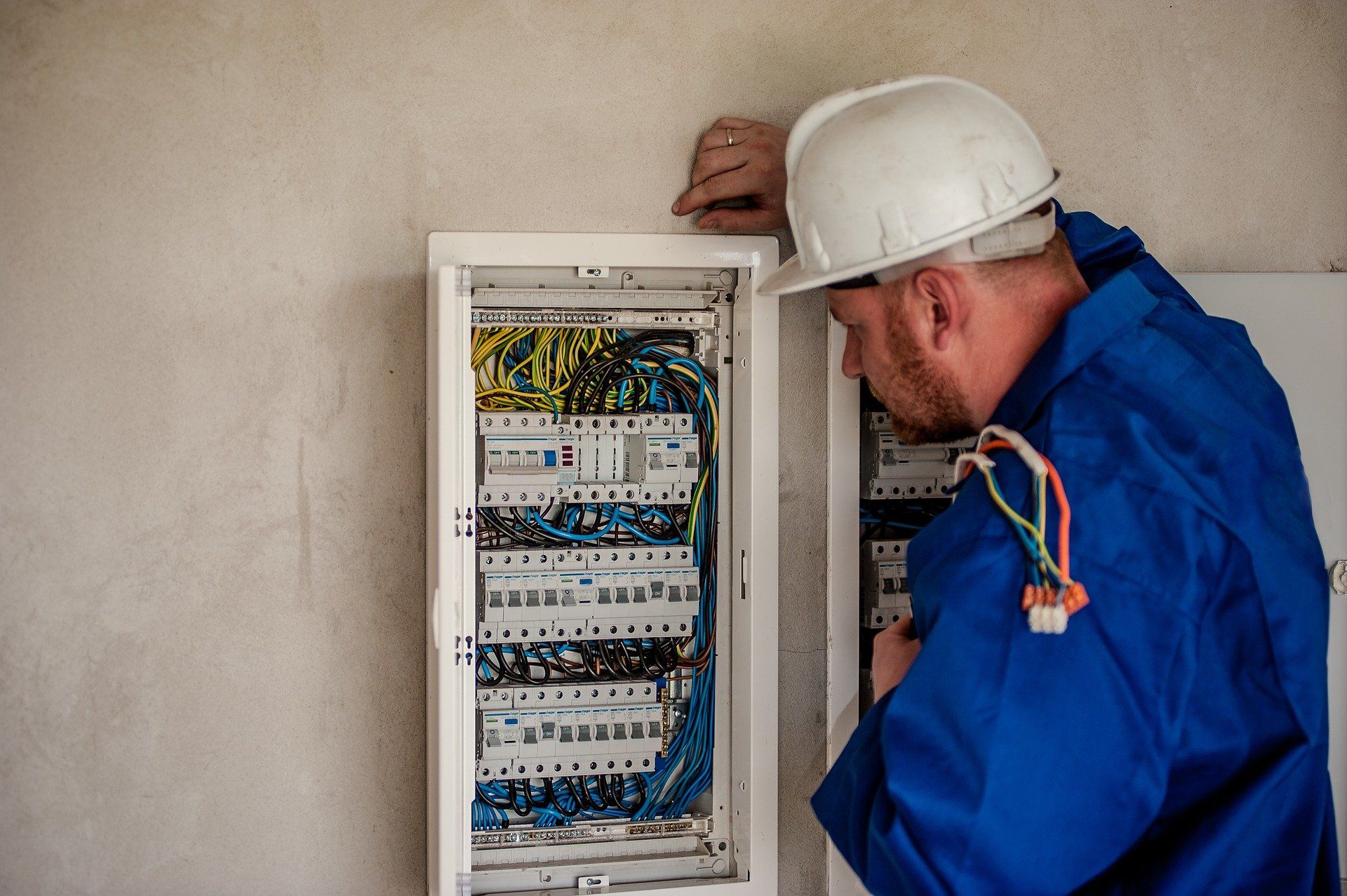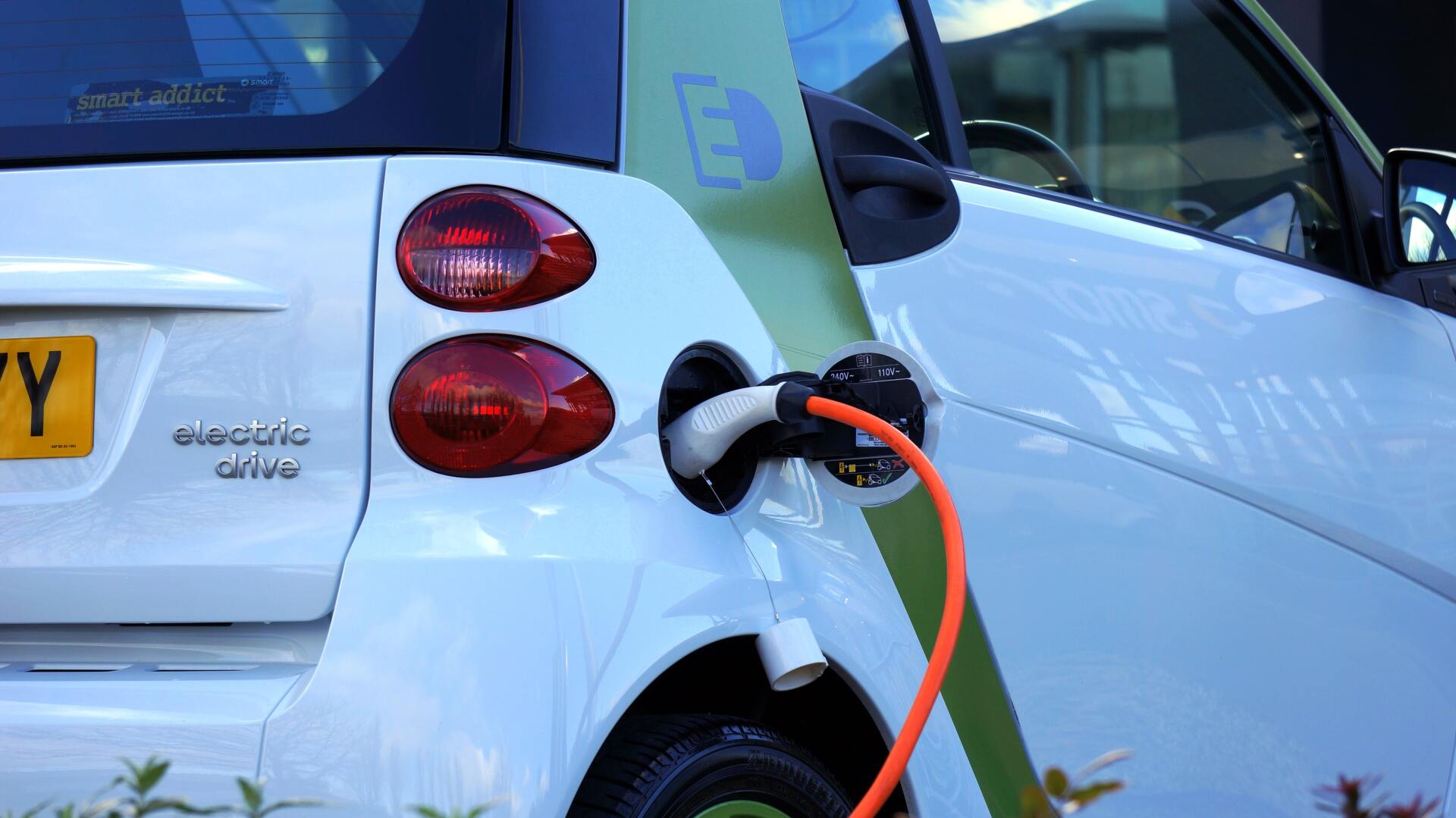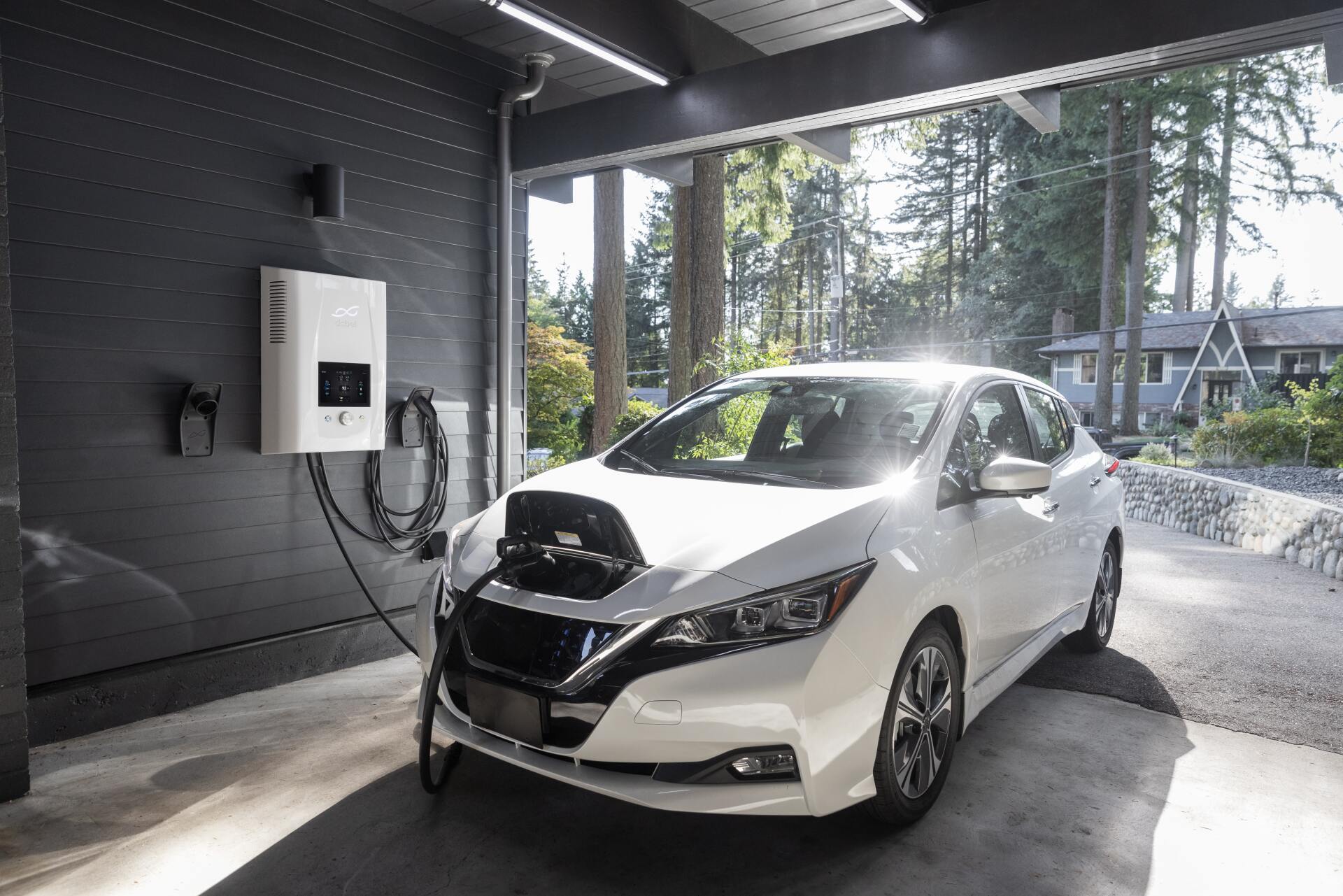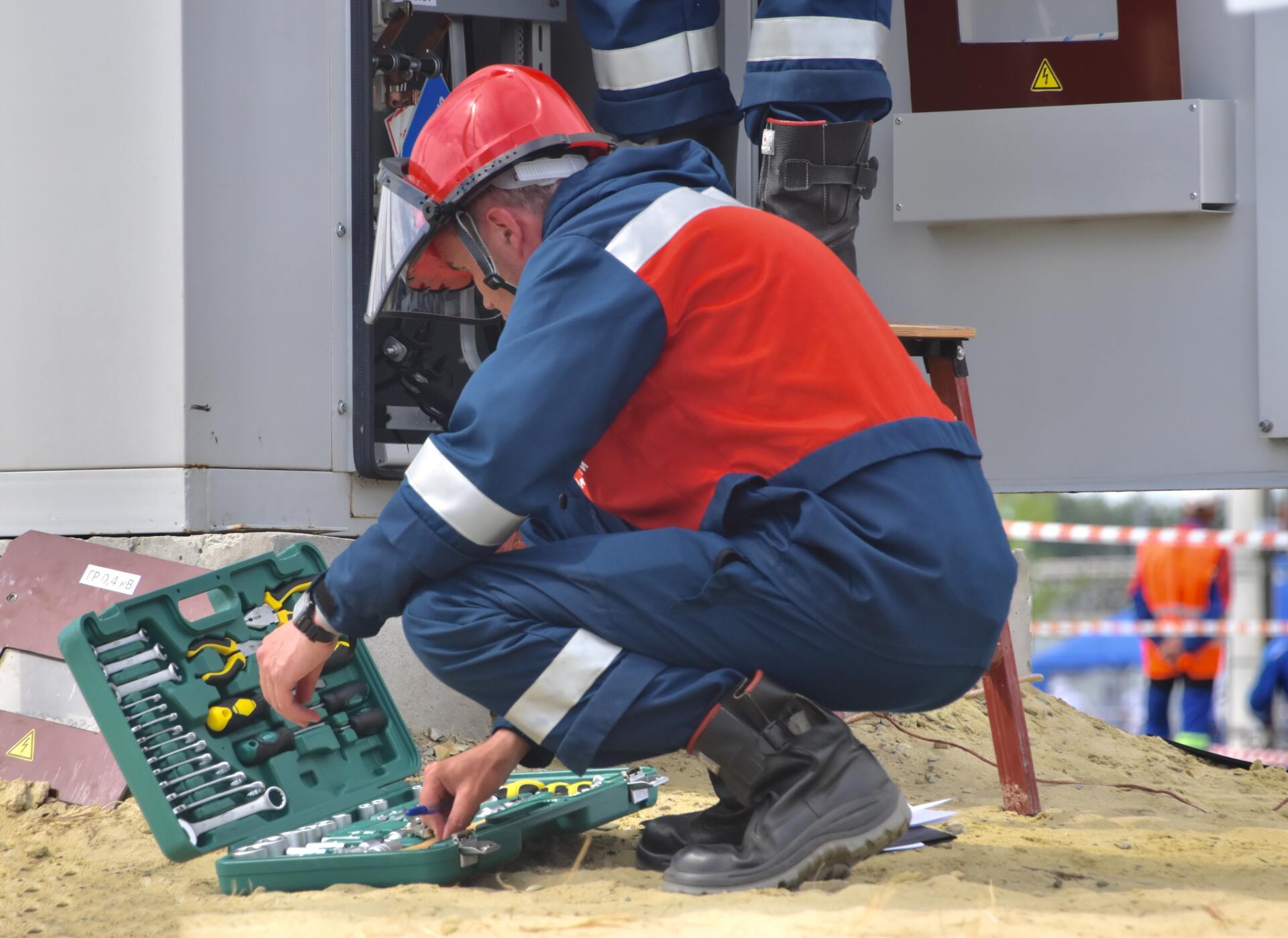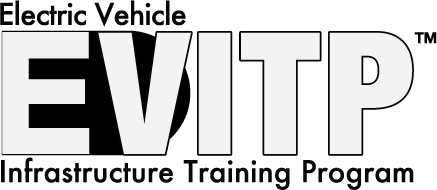How Can You Benefit from Having an At-Home EV Charger?
Are you considering buying your first electric car? You may have many questions about how to charge an electric vehicle (EV). Making the switch from putting gas in a tank whenever you need it to planning ahead to make sure your car’s electric battery is charged enough to make a trip takes some adjustment. How to charge and how fast you need to charge are decisions you’ll need to make about residential electric vehicle charger installation.
5 Reasons to have an Electric Vehicle Charger Installed at Home
The idea of charging an electric vehicle in your own garage might seem like a dream, not having to go to the gas station. How fast you can charge your car depends on what is available to you. Consult a certified electrician to determine your options.
1. Convenience
Driving an electric vehicle is an adjustment. You can’t just hop in the car and make a quick stop at the gas station to fill an empty tank. It takes four to six hours to fully charge an EV battery with a Level 2 charger. Without a home charger, you may need to wait for hours at a public charging station—and that’s if you can find one. EV stations may be rare or inconveniently located, depending on your location. During busy times like holidays or after 5:00 pm when the work commute starts, long lines will add even more time to the process.
Having an EV charger installed in your garage makes it easy to keep your vehicle ready at all times. Plug your car in every night before bedtime and drive with a fully charged vehicle in the morning.
2. Cost
Paying for an electrical vehicle charger install is an upfront investment that pays off in the long run. Depending on the type of charger you need, the project could cost between $300 and $2000 or more. Costs to charge at a public station may cost up to $40 for a full charge. Membership plans offer some savings compared to pay-as-you-go pricing.
Most EVs come with a Level 1 charger. Even with the additional costs of a higher level charging unit and paying an EV-certified electrician for the install, having a charger at home means cheaper and convenient charging. Electricity rates charged at public charging stations are much higher than the rate you are paying at home.
3. Safety
When you drive an electric vehicle, one thing you never want to hear right before bedtime is “Oh, I forgot to charge the car!” The thought of spending a few hours hanging out in a dark empty charging lot—or leaving your car unsupervised in one is not exactly comforting.
If your residential EV charger has been installed correctly by a qualified electrician, charging your vehicle’s battery at home is completely safe. The 240-volt circuit needed to power the charger is the same that is used for your electric dryer. Once the unit is set up, your installing technician will take the time to train you on how to use the charger safely. Even better, you may never have to hang out in a public charging station after dark again.
4. Choices
How to charge your vehicle and at what speeds will help you decide what to install iny our garage.
The different types of chargers you can purchase for home use offer their own pros and cons.
Level 1
A Level 1 charger is the most affordable option, and included with the purchase of your EV at no extra cost. Level 1 charging doesn’t require a special installation, simply plug it into a standard household outlet and it’s good to go. However, it may be necessary to install a new outlet if there is not one within 25 feet of the vehicle.
The bad news is, Level 1 chargers are the least powerful. They typically provide only 4.5 miles per hour of charge. That comes out to only 36 miles for an 8-hour charge. It can take up to 25 hours to fill an EV battery using a Level 1.
Level 2
A Level 2 charger costs between $350 and $900 on average. It does require professional installation and needs a dedicated 240-vole circuit that can handle 30 to 50 amps. The extra costs for an installation could be as much as $2,000 in some areas. Opting for a Level 2 charger decreases your charging time by more than half. Allow four to 10 hours for a full charge, more than enough for overnight charging.
Level 3
If you drive more than 100 miles a day, you may need a Level 3 charger. A Level 3 station can cost up to $3,000, including installation. The payoff is in speedy charging time. With a rate of 150 to 300 miles per hour. It takes only 30 to 60 minutes to fully charge an EV battery. With a Level 3 residential station, you can be back on the road by the time your lunch break is over.
What to Consider when Buying a Charging Station
Before deciding which type of Electric Vehicle Supply Equipment (EVSE) is best for your needs, consider the following:
- Outlet location and cord length – longer cables allow for more flexibility
- You may be eligible for rebates through your utility provider
- Make sure your EVSE(Electric Vehicle Supply Equipment) is properly rated for indoor or outdoor use
- Maintenance and warranty – Modifications made by non-certified providers may void your charger’s warranty
Choosing a charging option isn’t quite as exciting as choosing an electric vehicle, but making sure you get the right one for your usage is important. Research your vehicle choice to understand its charging options. Take the time to do your homework, and be sure to ask your certified EV electrician for advice.
Are You Ready to Get Charged?
The EV-authorized electricians are here to answer your questions and help you choose the charging unit that best fits your needs. Contact us today for more information about your at-home EV charger install project.



